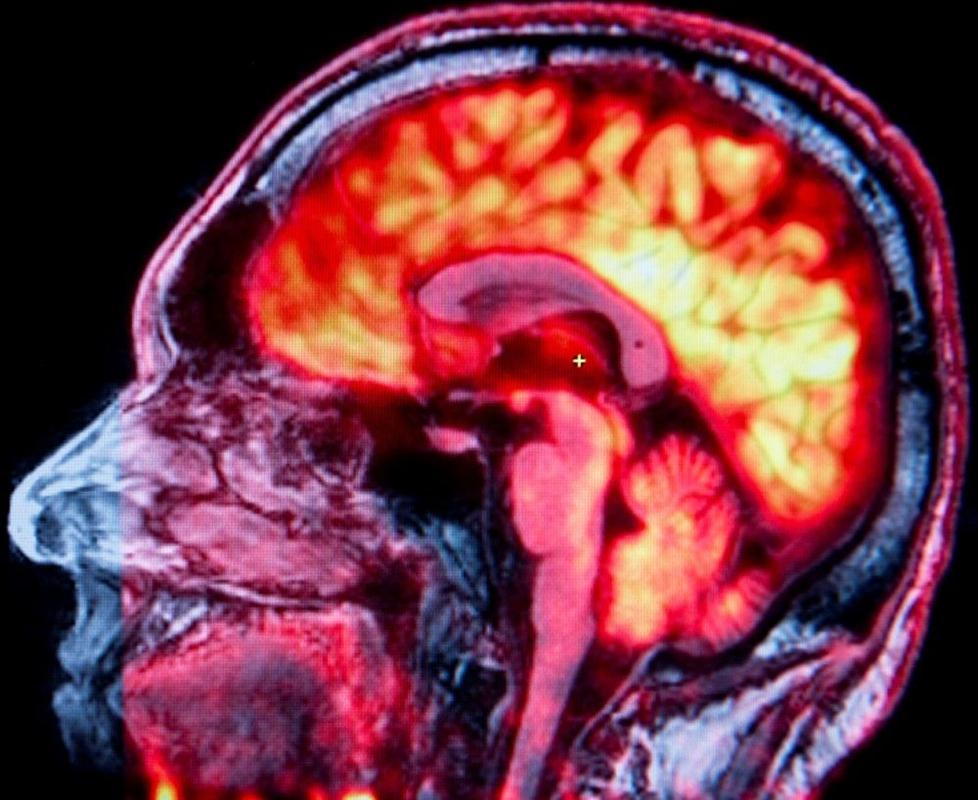The trial examined patients in an early pre-symptomatic stage of the illness. Joke De Vocht, doctoral student in the research group of prof. dr. Philip Van Damme (UZ Leuven and VIB-KU Leuven Centre for Brain Research): “With the help of advanced FDG-PET-MR brain scans we can identify changes on an individual level, even before the first signs of the illness manifest themselves”.
C9orf72 mutations cause frontotemporal dementia and ALS
Researchers saw that genetic changes in the so-called C9orf72 gene turned out to be the most common cause of both ALS and FTD. This proves that both disorders are on the opposite ends of the same continuum.
Studying pre-symptomatic persons offers a wealth of opportunities to better understand age-related neurodegenerative disorders.Prof. dr. Philip Van Damme - neurologist
People that are carrier of the specific genetic modification in the C9orf72 gene are an interesting study population for resaerch, because many of them are future patients. Prof. dr. Van Damme: “Studying presymptomatic persons provides a wealth of possibilities to better understand the disease progression of age-related neurodegenerative disorders.”
FDG-PET as an early biomarker for changes in the brain
The findings are very important for the development of new treatment strategies that can slow down or even prevent the disease. “As an early and sensitive biomarker, the FDG-PET scan can help determine at what time it's best to initiate preventive treatments.”
More info about ALS and FTD
Gene modifications or mutations in C9orf72 are the most common cause of hereditary amyotrophic lateral sclerosis (ALS) and frontotemporal or frontal lobe dementia (FTD).
In the case of ALS, the so-called motor neurones (nerves cells that control muscles) are progressively lost, causing the muscles to weaken gradually. The majority of ALS patients dies within two to five years after the first symptoms. About half of all patients also have non-motor symptoms.
FTD is, after Alzheimer's Disease, the most common form of early-onset dementia. This disease cause nerve cells in the frontal and temporal lobes of the brain to die, which leads to changes in cognition (e.g. language) and behaviour (bv. apathy).

